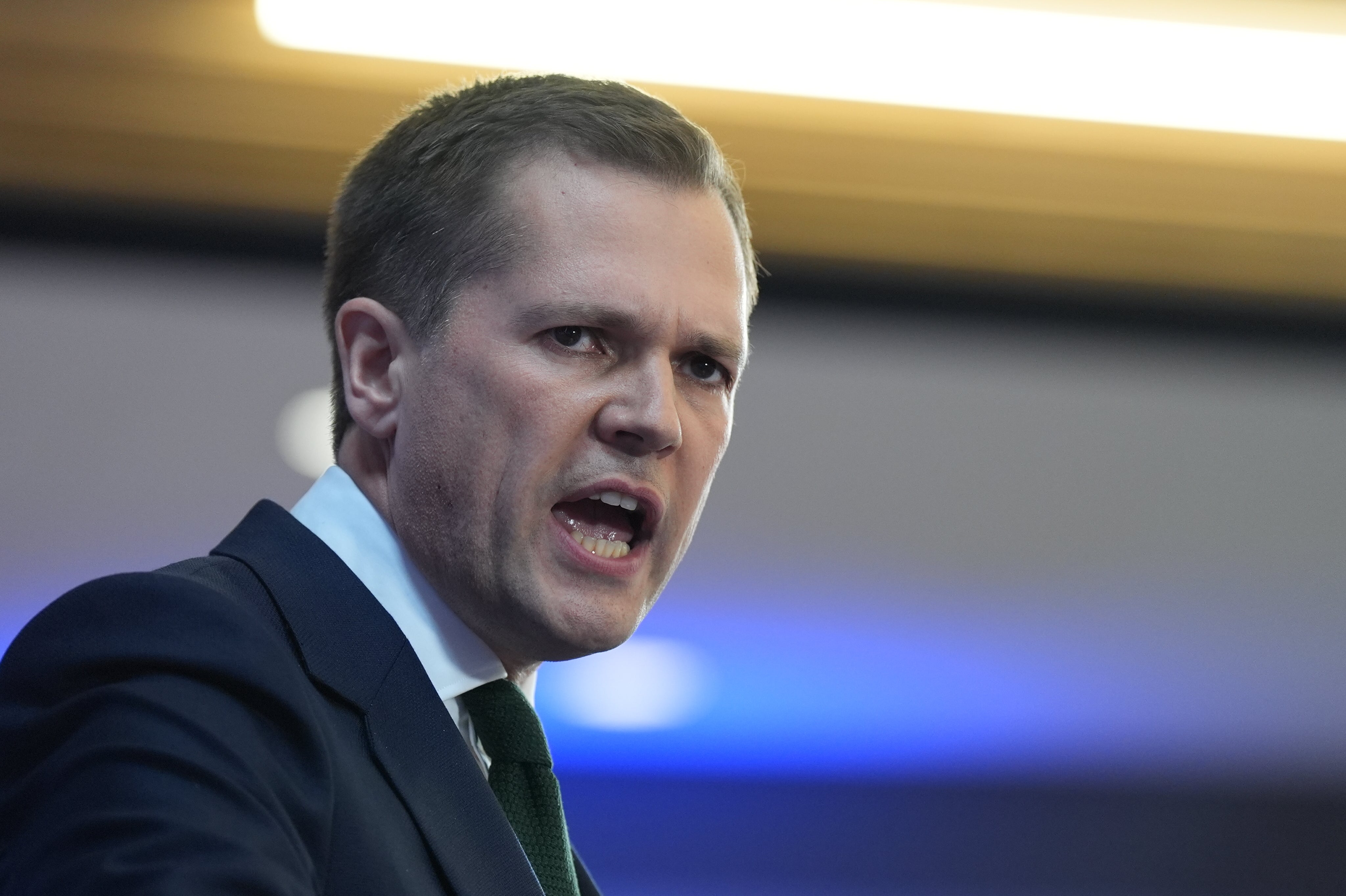The Tories’ response to the riots is exposing just how irrelevant they have become
The party seems to be in denial about its overwhelming defeat in July, writes Andrew Grice. If it continues on this path, it will remain in the political wilderness for many years to come


How would the Conservatives have handled the violent disorder if Rishi Sunak had not called the election, and they were still in charge?
On tough policing and sentencing, I think they would have done the same as the Labour government. Instead of Keir Starmer’s useful unique selling point as a former director of public prosecutions, Sunak’s would have been as Britain’s first British Asian prime minister. Perhaps there might have been some Islamophobic noises made in a party which hasn’t eradicated it, but not from his government.
The words Sunak used to condemn the riots could have been uttered by Starmer, continuing the remarkable consensus between them on many issues since their bitter election clashes. Some senior Tories admit privately Starmer has handled his first crisis well and looked prime ministerial. Not the official line, of course.
If he were still opposition leader, Starmer would surely have adopted a non-partisan response to the disorder, as he did during the pandemic – even though the absence of normal politics made it hard to introduce himself to the public when he became Labour leader.
Sunak’s approach is right. Sadly, some of the candidates vying to be his successor have not shown such restraint and have pandered to the Tory party members who decide the leadership election.
Robert Jenrick, who seems to be the only one of the six candidates not taking a holiday in August, suggested people shouting “Allahu Akbar” in the street should be arrested, before making a tactical retreat after a backlash and admitting the Arabic phrase, meaning “God is greater” or “God is greatest”, is spoken peacefully and spiritually by millions of British Muslims daily.
James Cleverly, the shadow home secretary, promised the government the opposition’s “full support” on BBC Radio 4 but went on to criticise Starmer for being too slow to make key decisions.
Kemi Badenoch, who is shadow communities secretary, complained about a “culture of silence” on immigration and said the UK needs to “start again” on integration.
Priti Patel said a “perception” of “two-tier policing” – with far-right protestors allegedly treated harsher than counterdemonstrators – undermined trust and confidence in the police, even though she had previously denied it was happening.
The Tories would have been better advised to start trying to regain the public’s trust and their own law and order credentials by fully backing the police and the government. Perhaps some questions highlighted by the violence are too sensitive for the Tories so soon after losing power.
The candidates can hardly blame Labour for the huge rise in net migration, the backlog in the courts, prisons bursting at the seams, the use of hotels to house asylum seekers and a huge backlog of claims due to the ill-fated Rwanda scheme. So they have mostly reached for the immigration card and nit-picking criticisms of the government.
However, the unrest has helped the Tories resolve their dilemma over whether to try to persuade Nigel Farage to return to their party. His previous claim he had “done more to drive the far right out of British politics than anybody else alive” looks fanciful after his woefully misjudged response to the riots.
Although the Reform UK leader denied provoking the violent disorder after the Southport stabbings, he posted a social media video questioning why the incident was not being treated as terror-related, asking whether the truth was being withheld and whether the suspect was being monitored by the security services. He opposed the violence but said Starmer was wrong to blame the riots on the “far right.”
Thankfully, most Conservatives regard Farage’s language as beyond the pale. Mel Stride, the outsider in the Tory race, spoke sense in warning that Farage “helped fuel conspiracy theories”. One Tory MP told me: “We can’t have anything to do with him [Farage] now.” Although a majority of Tory grassroots members would welcome Farage back, the leadership candidates are now wooing Reform’s four million voters rather than their leader.
They are wrong to look right without recognising their party also needs to win back millions of votes lost to Labour and the Liberal Democrats. Remarkably, the candidates have not so far addressed this vital question.
Anti-immigration rhetoric will make these lost voters even less likely to return to the Tory fold. The one-club golfer approach is flawed: 26 per cent of Reform voters say they will never vote Conservative again, while only 14 per cent of Con-to-Lib Dem switchers say the same, according to More in Common.
The Tories should not fool themselves that this doesn’t matter because voters are not paying them any attention. With the leadership contest lasting until November, the Tories need to find a way to talk to the country, not just to themselves. Parties who fail to do that remain in the wilderness. The posturing by the candidates sends a dangerous signal: that of a party which seems in denial about its shattering defeat, with no appetite to change.






Join our commenting forum
Join thought-provoking conversations, follow other Independent readers and see their replies
Comments